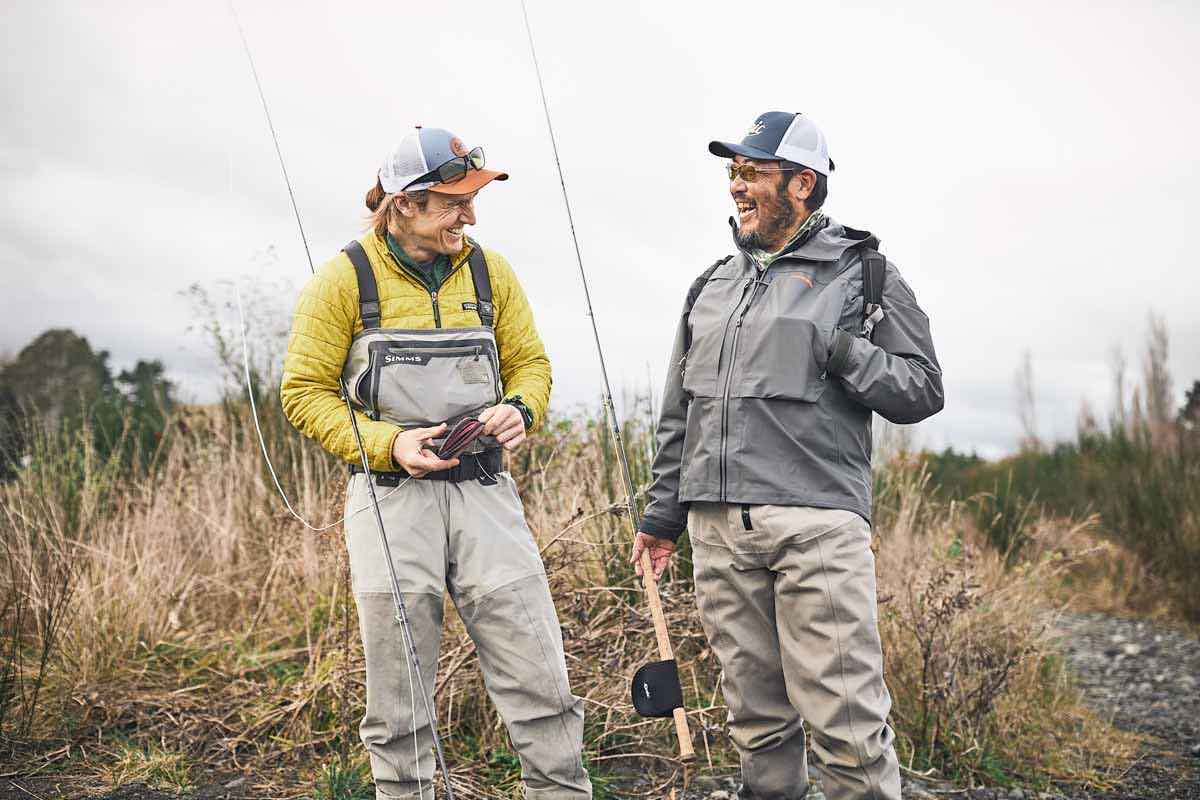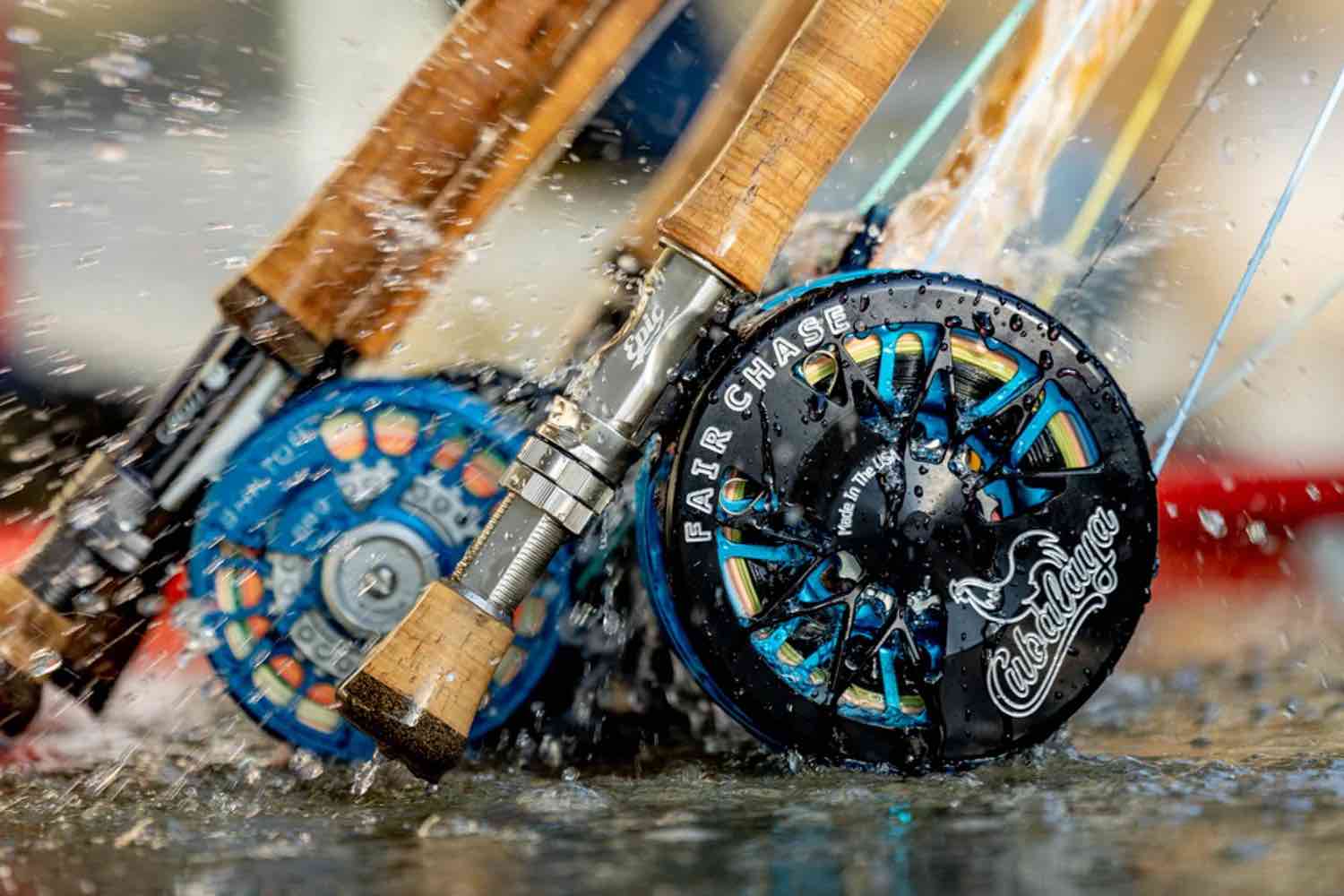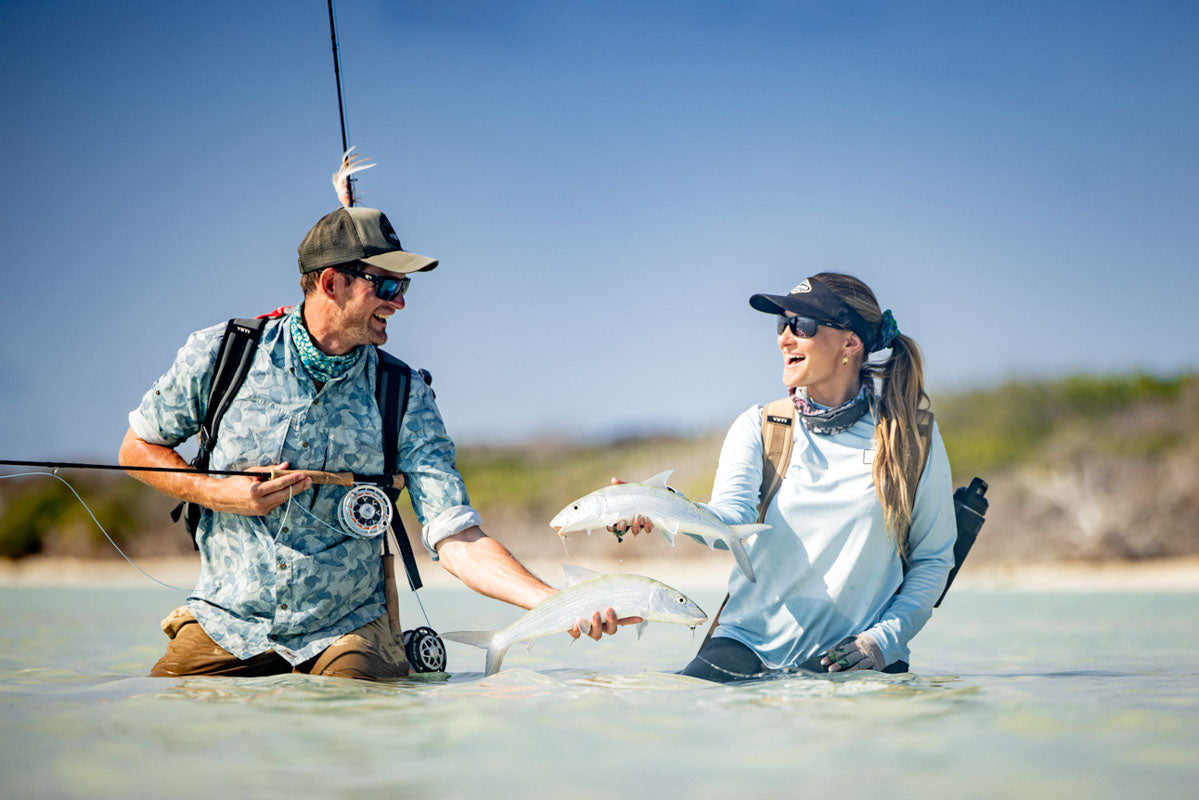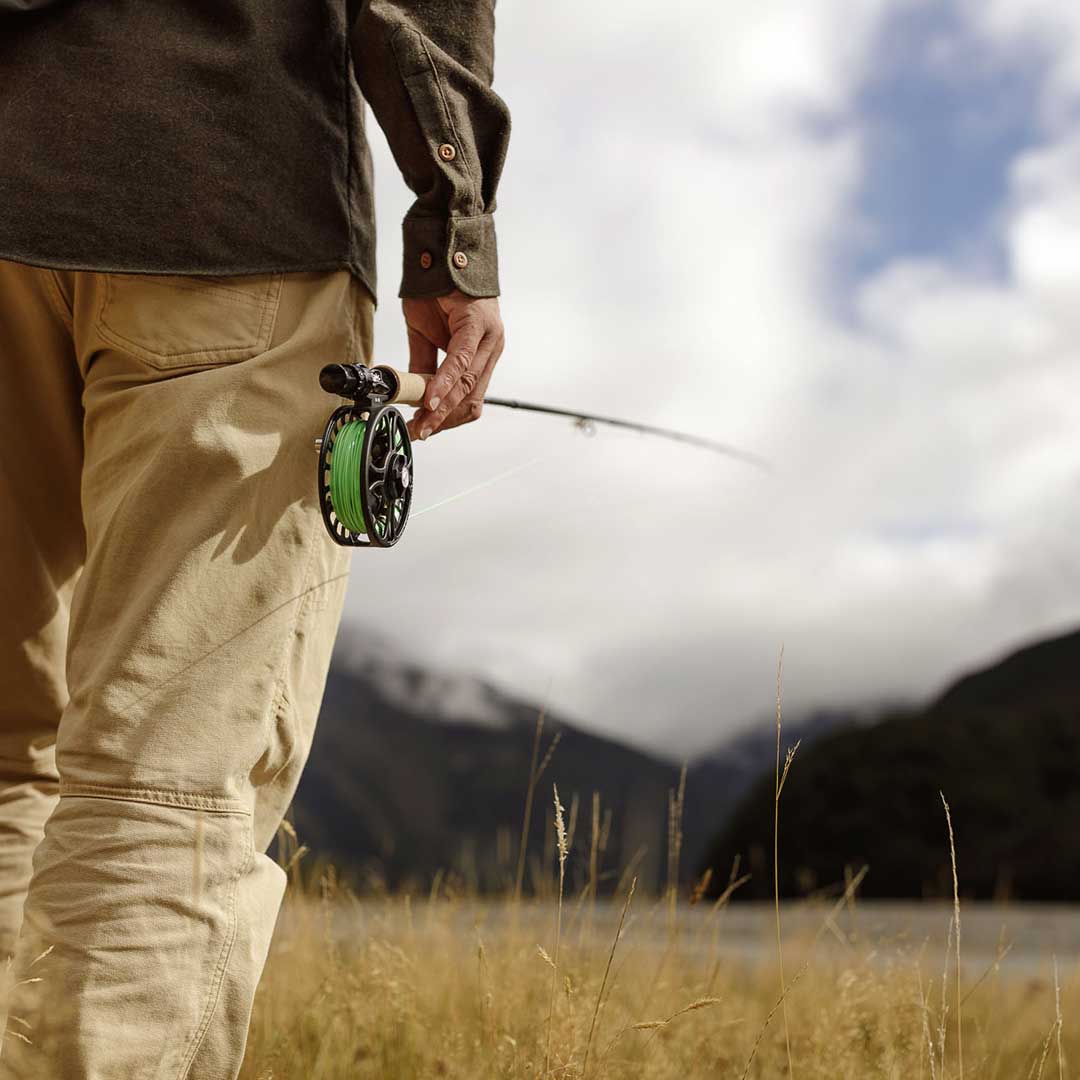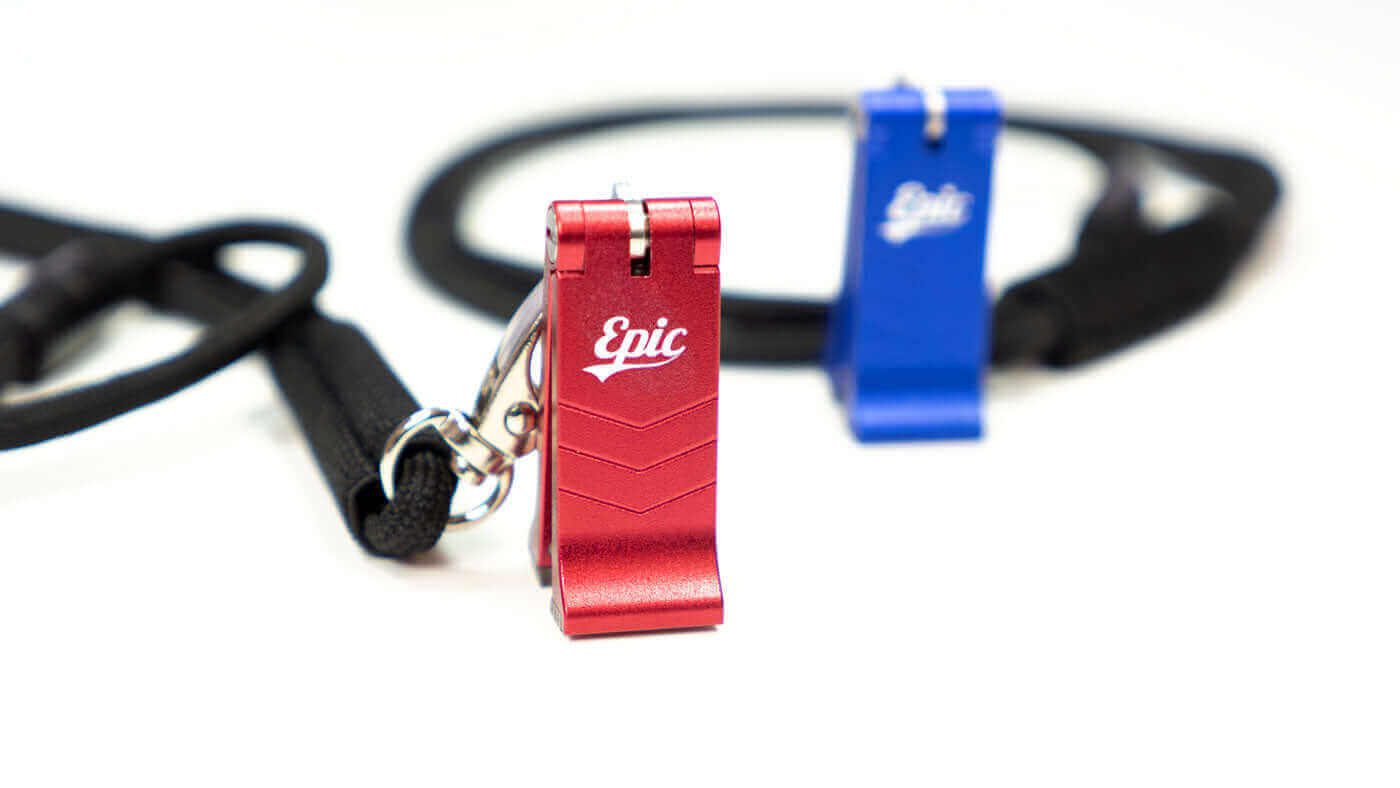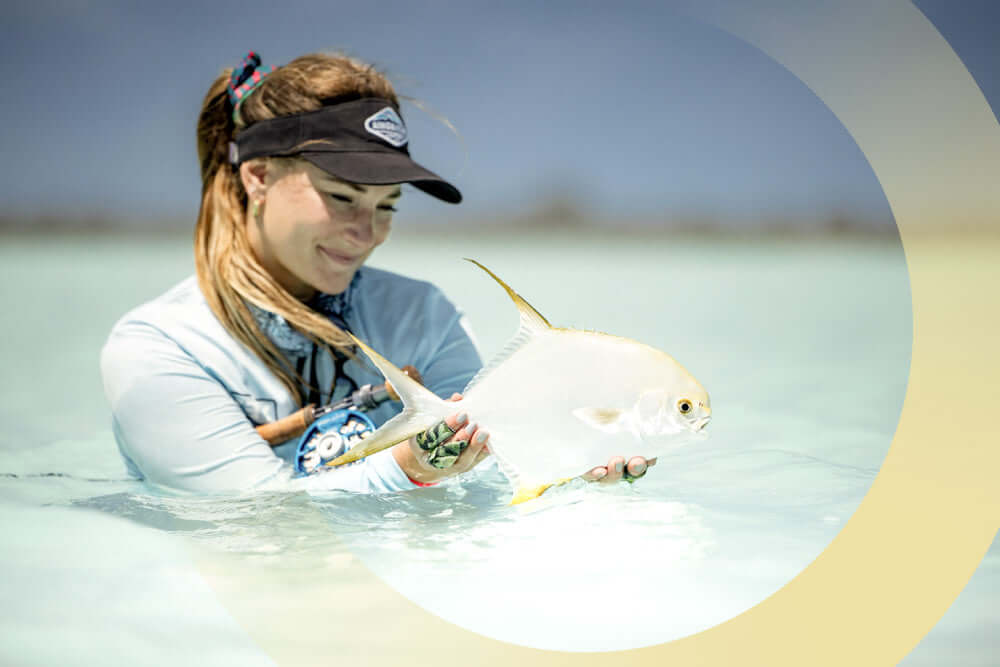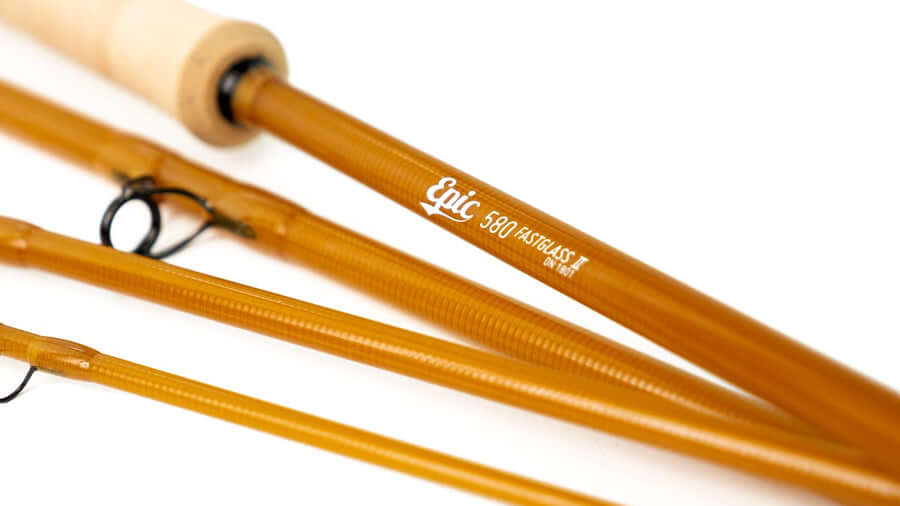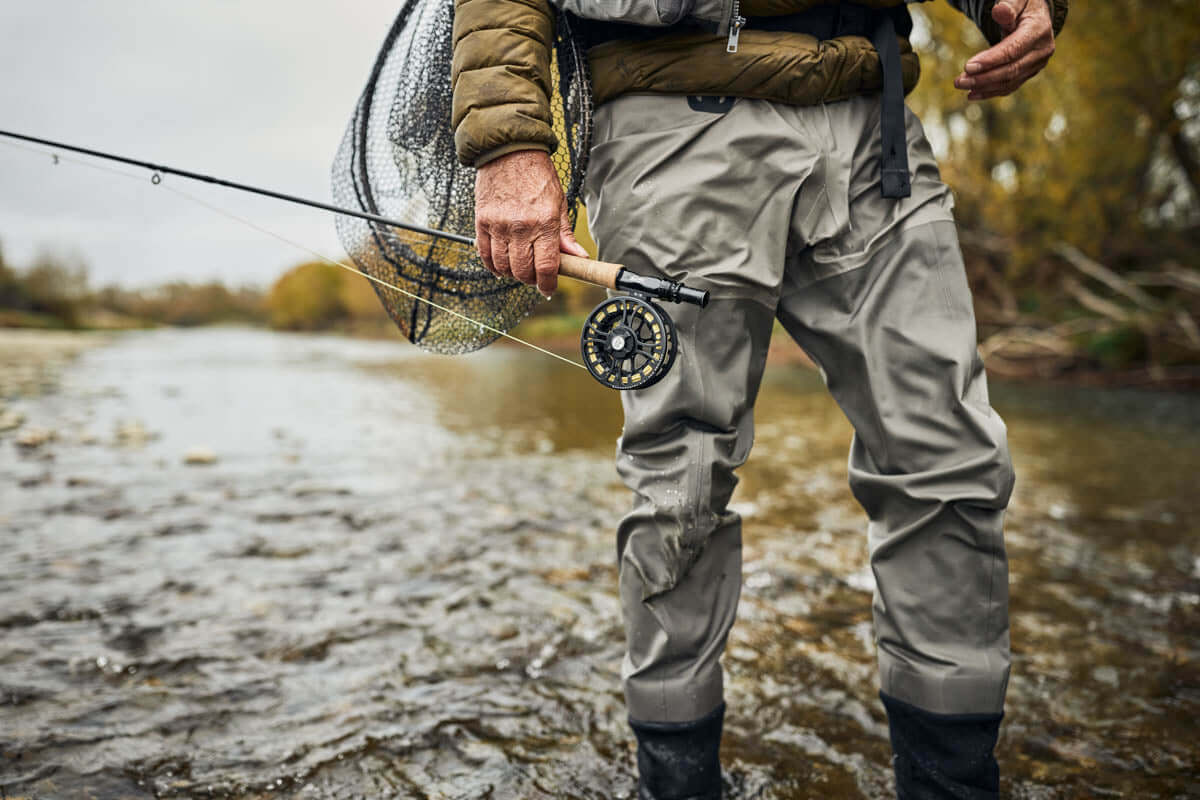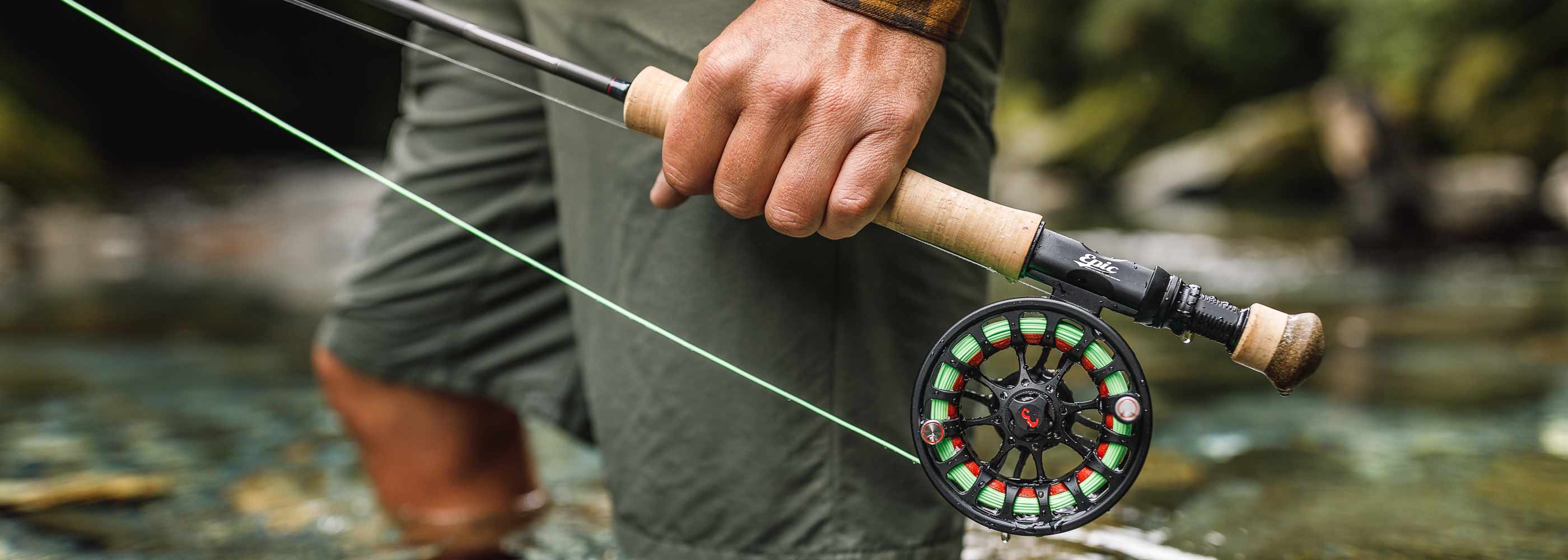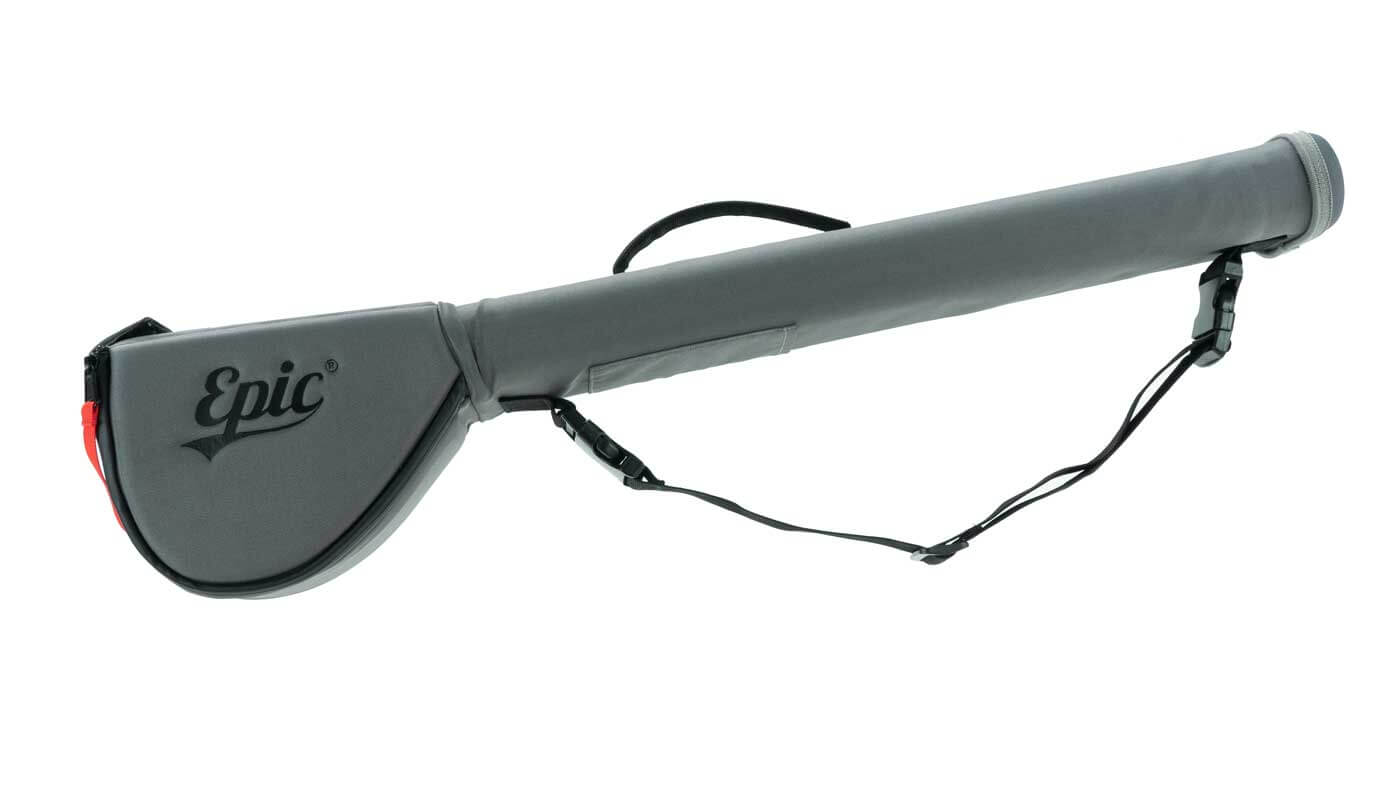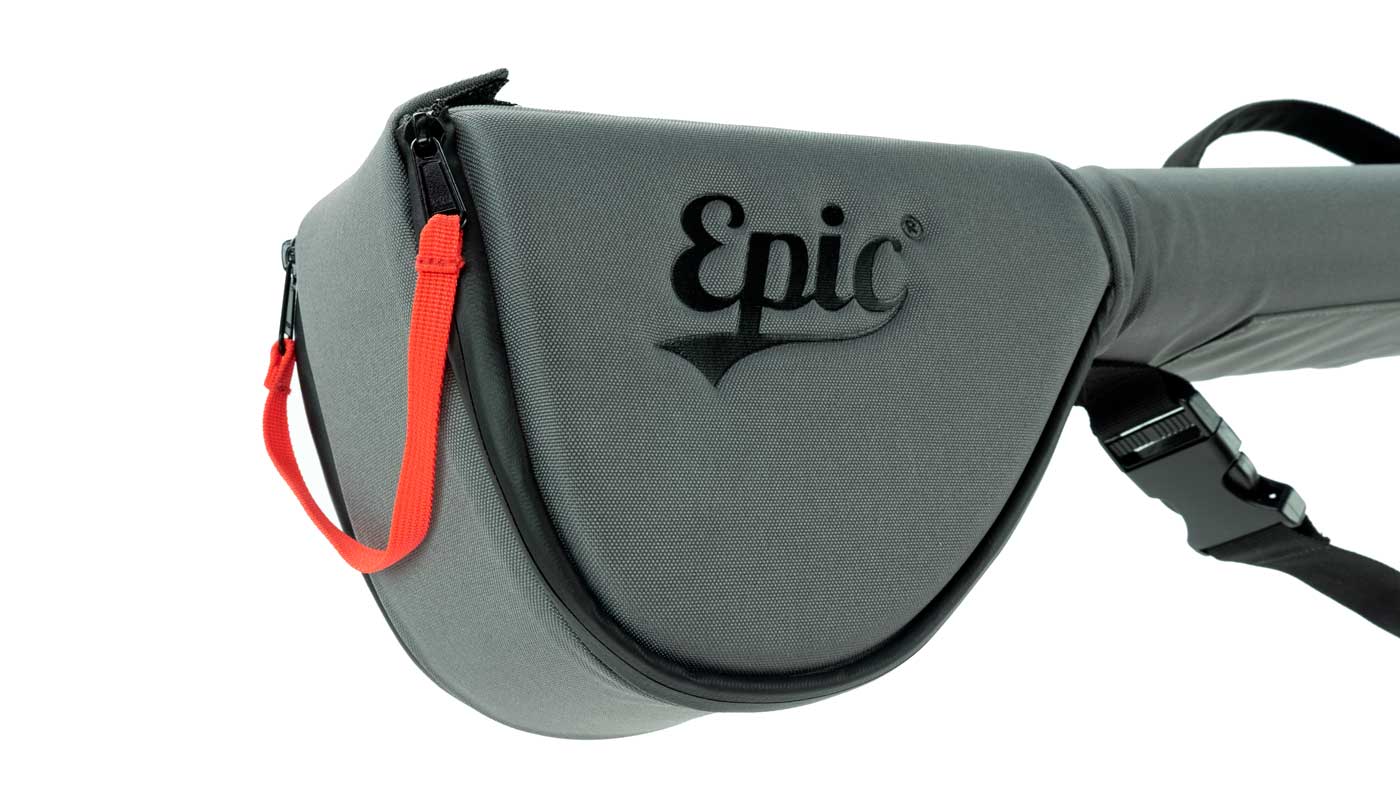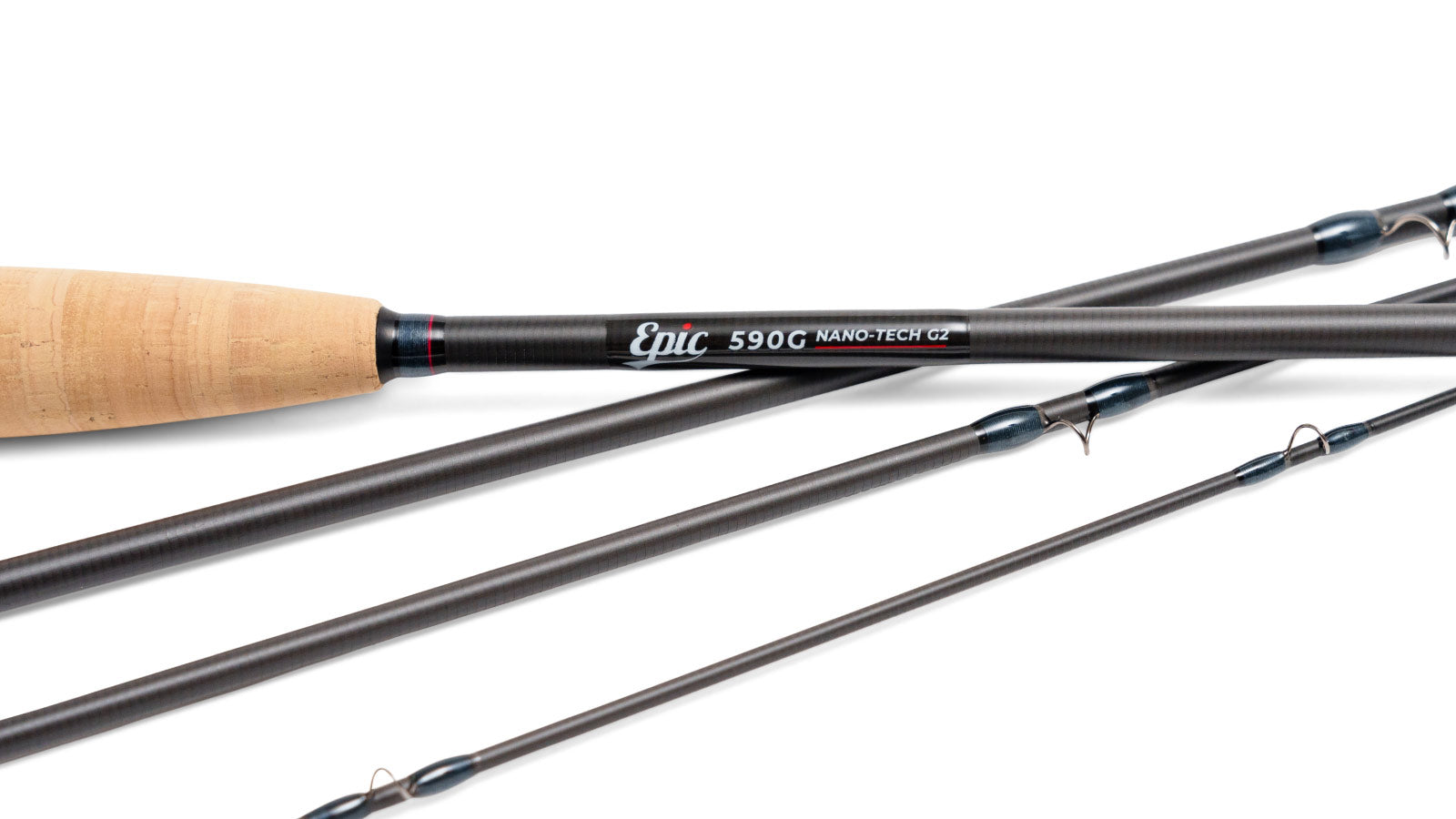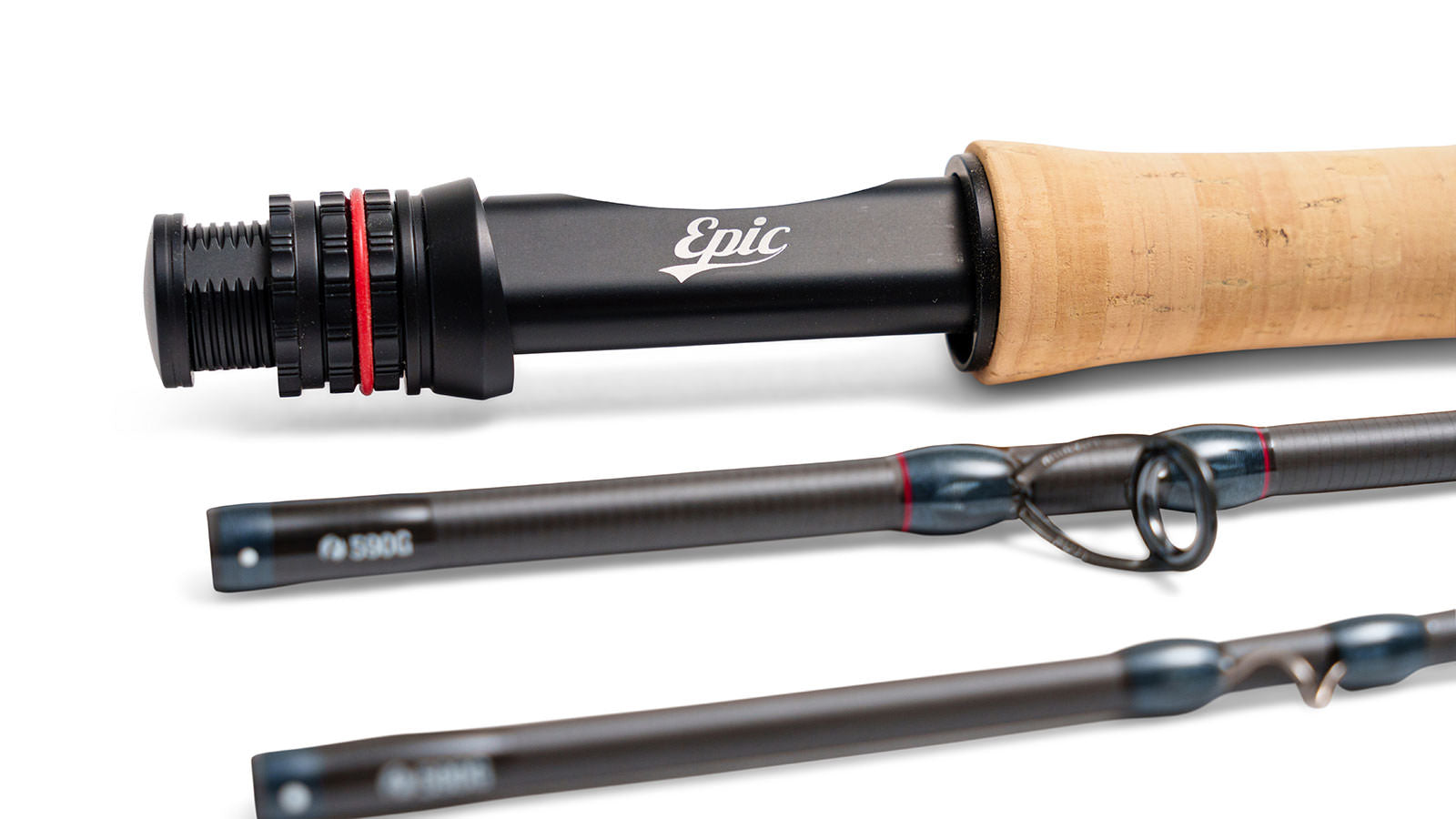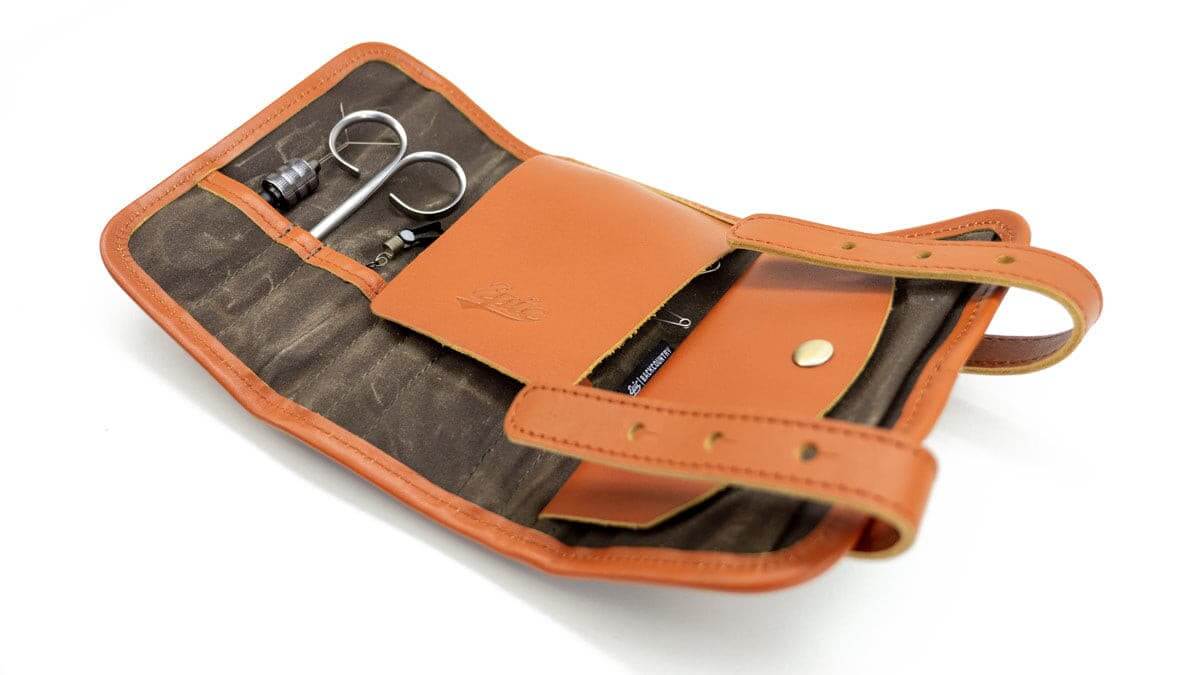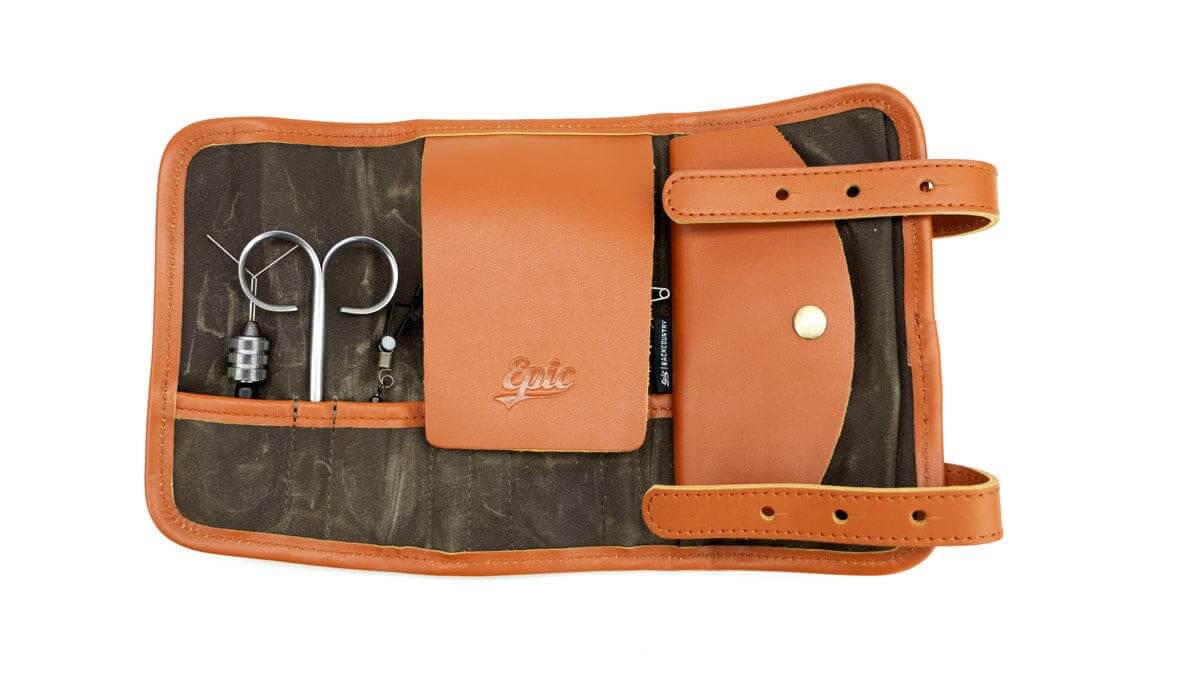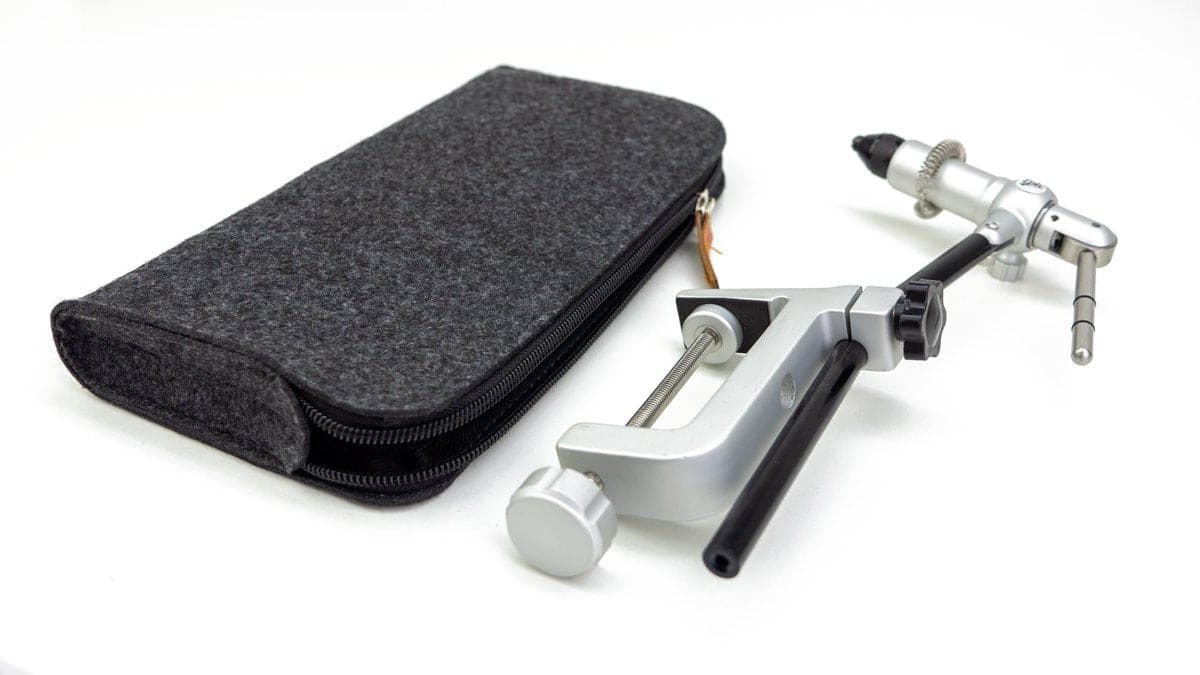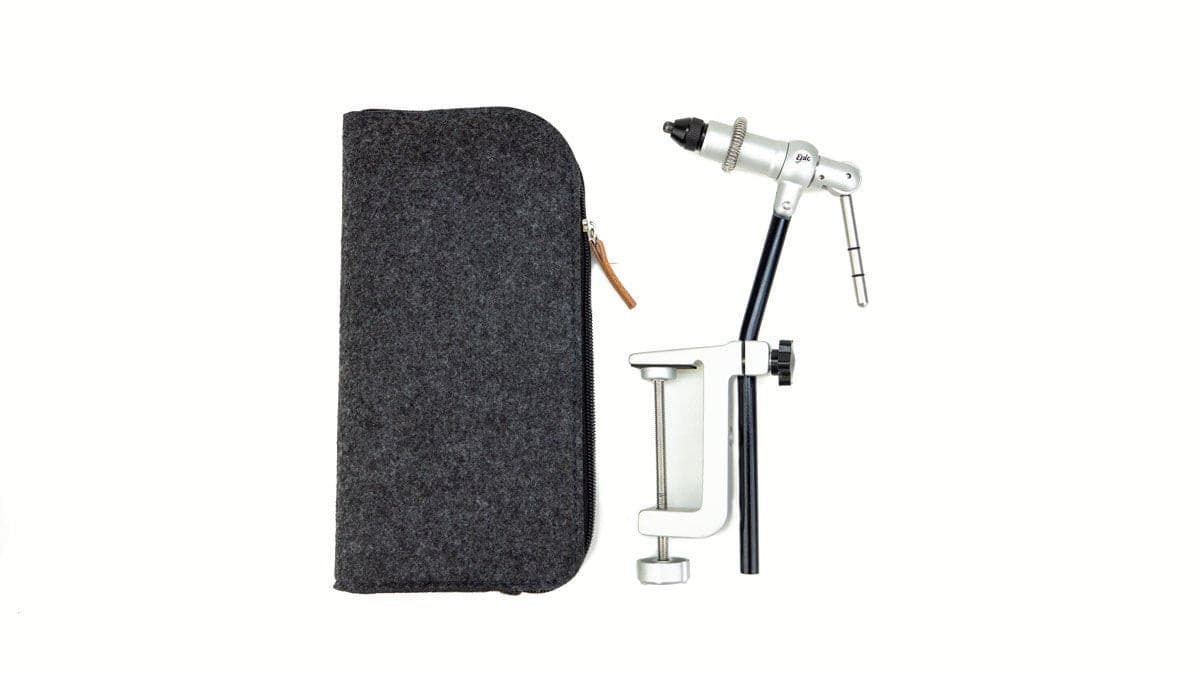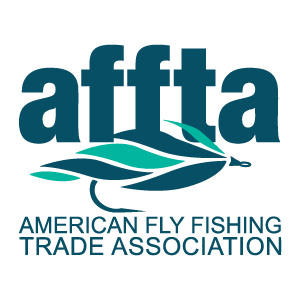Most fly anglers are constantly tying to better themselves. For many it’s catching more fish, bigger fish or perhaps landing a difficult or elusive species. For many fly fishing is just about getting out there and enjoying our natural environment. Regardless of your fly fishing goals here are our 10 time tested tips for better fly fishing.
1. Be a good observer. Fly fishing is all about how fish behave in their natural environment, particularly how, where and when they feed. Take note of what fish are actually feeding on and try to imitate that and you are halfway there. Are there other fish about? Are they feeding, if so what on? Most species feed early in the morning at first light, or late in the evening at dusk. Often fishing in the middle of the day is the least productive time. “The early bird catches the worm” is a very apt saying for fly anglers. The best fly fishers, the ones that catch most of the fish are up early when the most fish are feeding.
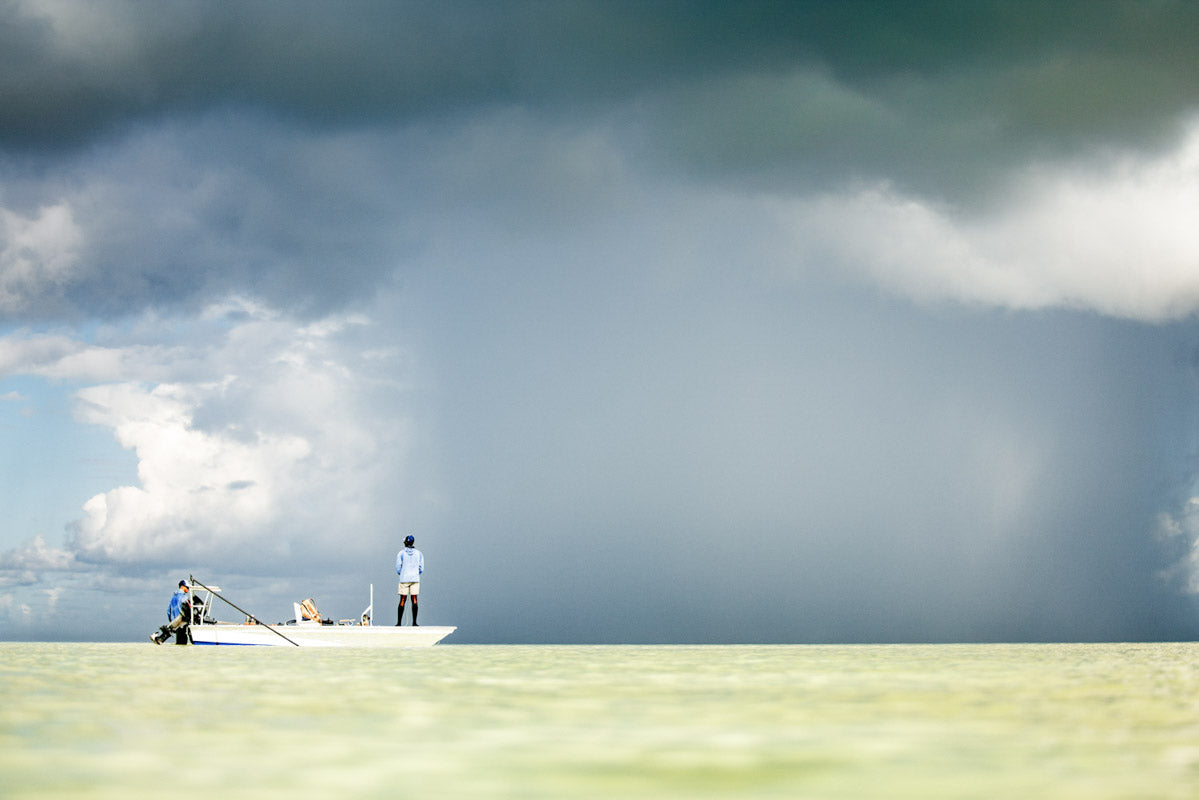
2. Be stealthy. Like all creatures fish are inherently shy and wary of humans, or any unnatural activity. Keep silent, keep out of site as best as you can, and move slowly and purposefully. Dull coloured or natural coloured clothing is generally advisable. Keep off the skyline, stay low if possible and keep the sun behind you - think stealthy. Fish are incredibly sensitive to vibrations, if on foot walk slowly and be as light-footed as possible. If in a boat try to be a silent as you can.
3. Be Patient. Fly fishing is hunting with a fly rod, patience and perseverance are vital. Your observation skills and stealth all come into play and as long as you are fishing in a likely spot, perseverance can be the key to a great catch. If you are fishing in the right spot, with the right lure and are not scaring fish its only a matter of time before you hook up.
4. Learn to fly cast well. Fly casting is to fly fishing what a golf swing is to a golfer. Invest the time and effort to learn how to fly cast well. Even better, go get some lessons. Many anglers are let down by their poor fly casting skills, poor fly casting leads to frustrated fly anglers more so than any other aspect of fly fishing. When you take a
fly rod to the river, lake or ocean, that is not the time to be practising - you need to be good and competent before you head out for the day. Read some books, grab a fly casting DVD or video, practice regularly and you’d find that your catch rate and satisfaction increase measurably.
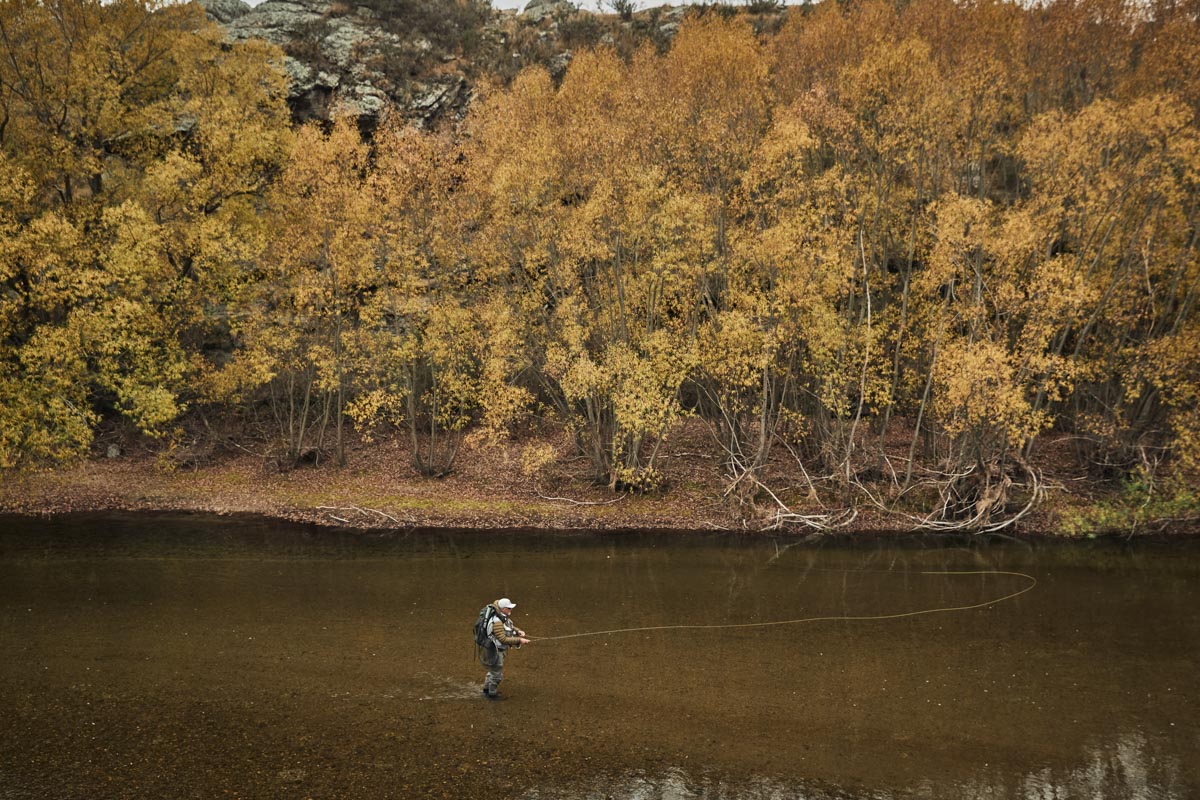
5. Be a good student. Fly Fishing, more than any other sport is a sport for life. There’s always someone more experienced than you are. Don't be afraid to ask for advice - most people enjoy sharing their knowledge. Being a good student means being a good listener, being patient and humble and being eager to learn and improve. Being a good student also means remembering and appreciating the lessons that a day our on the water can teach you. What worked? What did not work? When was the most successful time? When did things go quiet?
6. Do it. Fly fishing is like any other pursuit. If you want to be good you need to spend time doing it. Get out there and enjoy it. Fish whenever you can and don't be too hard on yourself if you don’t catch anything. Practice in all things leads to improvement and fly fishing is no different.
7. Fish where the fish are. It doesn’t matter how much time you spend fishing - if there are no fish were you are you are not going to have any luck. Do your homework, do some research, be a good observer and fish were the fish are. Read, ask, learn. While there’s really no such thing as a best secret fishing spot or honey hole there are definitely places that are more productive than others. Just like any living creature, fish require food, shelter, and a sense of security within their habitat. Seek out areas that offer shelter, such as rocky formations, rough ground, areas with vegetation cover, trees, and other structures. Look for locations abundant in food sources, such as near wharves, beneath trees, where currents or streams converge, and where water flow slows down, like at the head or tail of pools. And yes, under bridges.
8. Be a Conservationist. Fish live in wild places, healthy wild places and clean water are vital habitat for all fish species. Looking after our wild places and waterways should be your number one priority. The more and the better habitat fish have the better. More so now than ever clean clear water and healthy natural spaces are under threat and ever diminishing. The best thing you can do for any fishery is to actively engage in its care and advocate for its protection.
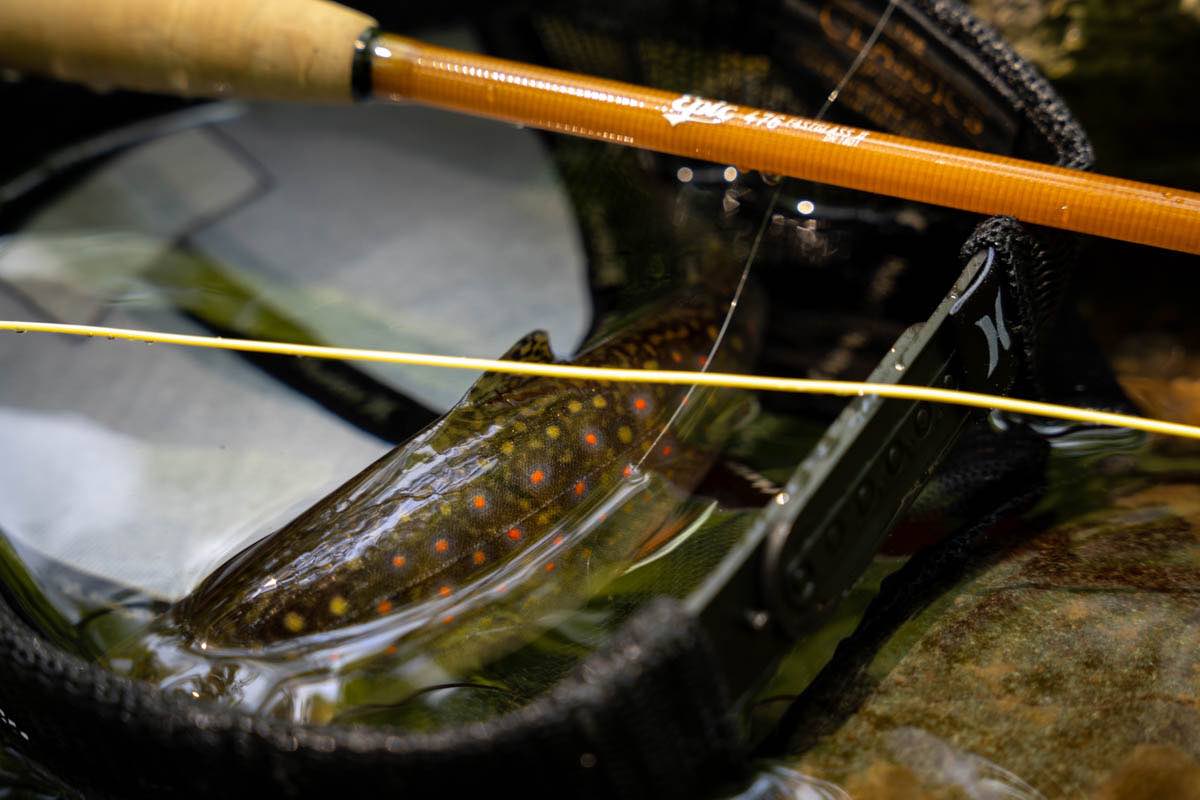
9. Look after your fly fishing gear. While you don't need to purchase the most expensive fly fishing gear, do buy the best you can afford and look after it. You don’t want to lose the catch of a lifetime due to faulty gear. Reels should be clean and lubricated. Drags released when not in use. Fly rods should be cleaned and dried before being put away. Fly lines cleaned and stored out of the sun. Keep tippet and leaders out of sunlight, UV light degrades these items very quickly. Leaders and tippets should ideally be replaced every season. Flies and hooks should be stored dry, and if used in the salt should be flushed with fresh water. Any equipment used in saltwater should be throughly washed down, cleaned and allowed to dry. Never put a fly rod away wet.
10. Enjoy yourself. It's not a competition. More than anything fly fishing tends to be a contemplative sport that get’s you out into the great outdoors, take time to enjoy it. And above all else, look after it.


